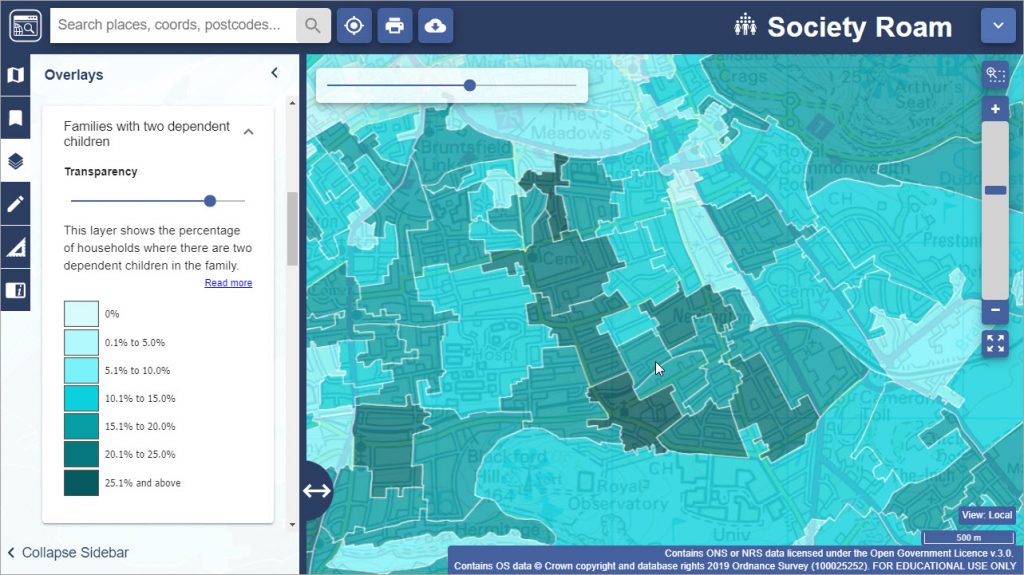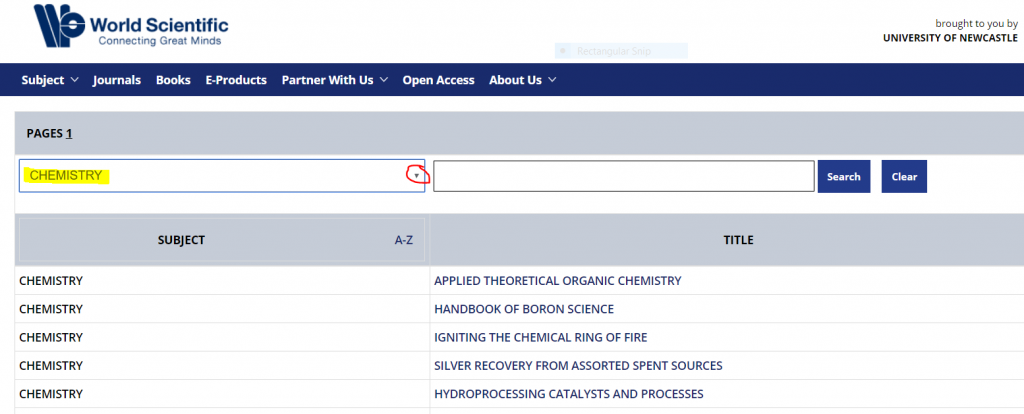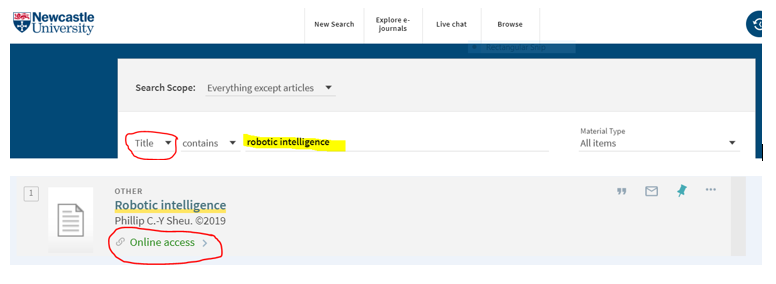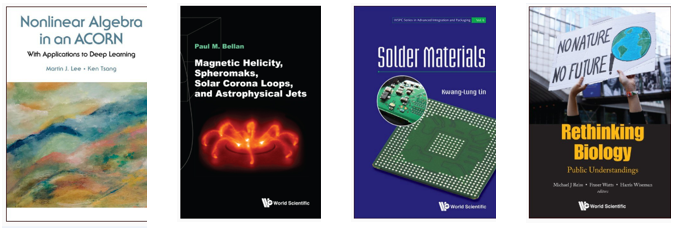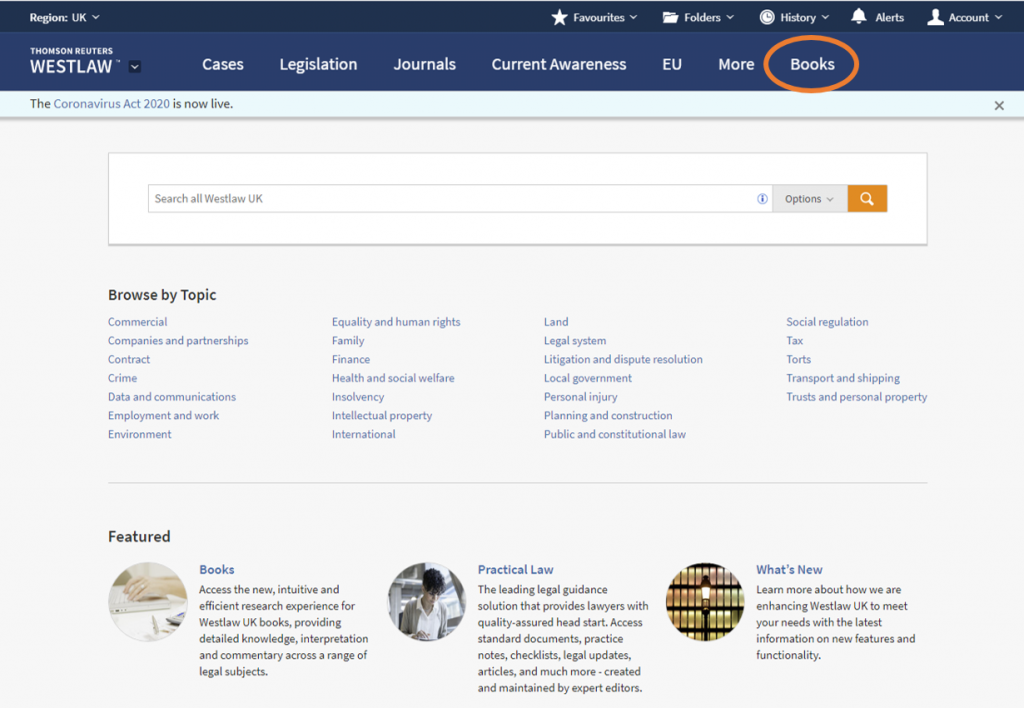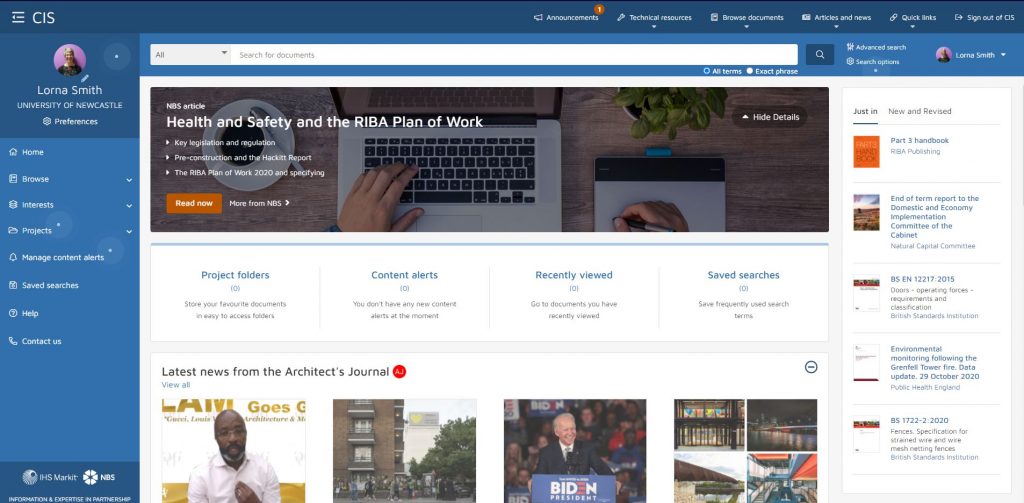
Overview
CIS is produced jointly with the National Building Specification (NBS) especially for architects, civil and structural engineers, building control officers, building services engineers and other professionals in the construction industry. CIS provides fundamental industry information and legislation, as well as additional sector material. The extensive range of full-text documents cover all aspects of the building, engineering, design and construction process in the United Kingdom and Republic of Ireland.
The Construction Information Service (CIS) is a comprehensive online collection of over 28,000 construction related standards, regulations, technical advice and articles from 500+ publishers. Content is updated weekly, neatly organised into topic based supplements and delivered through a function rich and easily accessible online portal.
This collection is an invaluable resource if you are studying:
- Many of our Engineering courses
- Architecture, Landscape and Planning
- Geography
Subjects covered include:
- Building regulations
- Environmental/land Planning
- Planning control
- Urban planning
- Waste/water management
- Earthworks/foundations
- Land drainage
- Law/legislation
- Transport facilities/planning
- Tunnelling and underpinning
- Engineering
- Materials
- Groundwater control
- Roads
- loads/stresses
- …and much, much, much more!
Searching
Within the CIS search box you can enter your keywords or browse by subject in the left-hand menu. There is also an Advanced Search option. There is also plenty of help with how to use CIS under the Help option on the left-hand menu:
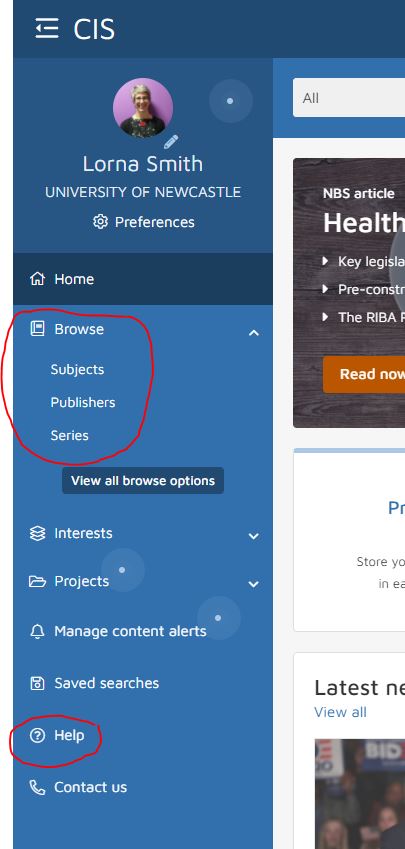
Access
CIS is available through our catalogue, Library Search. If you are on campus no password is required. If you are off campus you will need to log in using your University campus ID and password. You can also find it under the Journals and Database tabs in our Subject Guides, and on our Standards Resource Guide.
Copyright
Every document in The Construction Information Service has copyright permission from the publisher. Some publishers do not allow use of their documents or will only give permission for certain titles. Publishers who do give permission can also place an embargo on certain documents, resulting in a delay between publication and inclusion in CIS.

